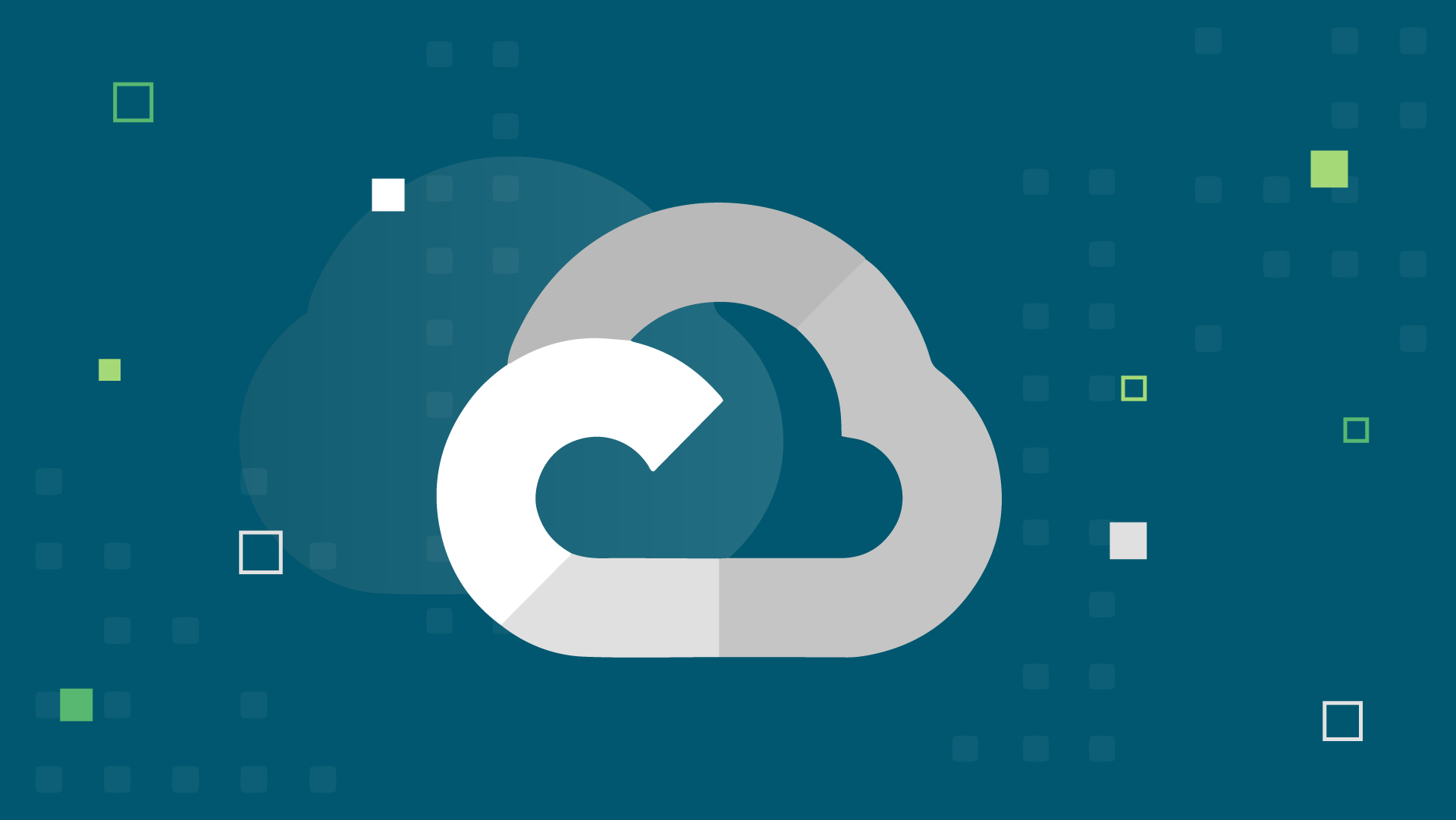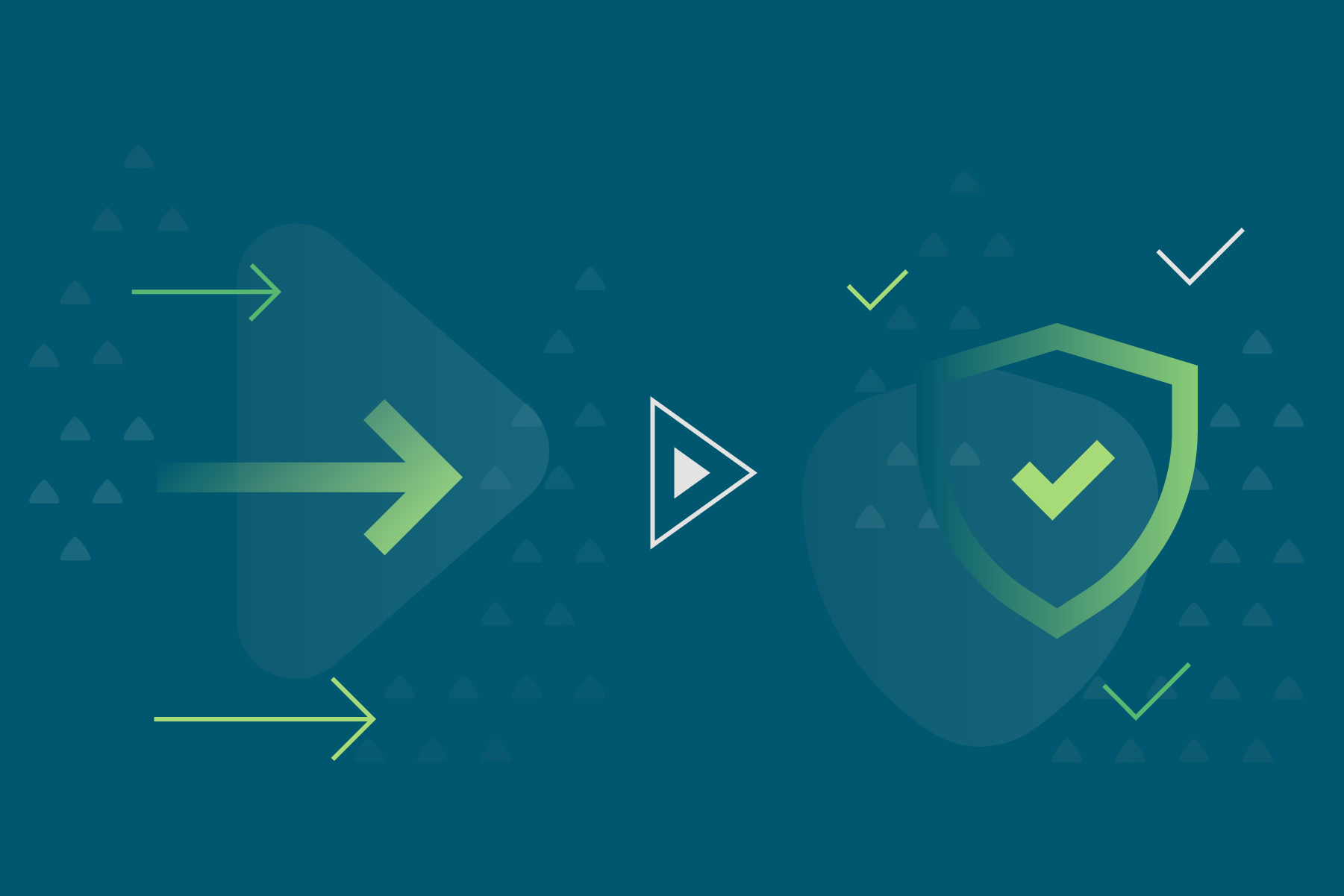If your organization is struggling to effectively use data, chances are these are among the driving factors:
- You have lots of data spread throughout your organization
- Your organization often comes to conflicting conclusions based on your data
- You know specific data is somewhere within your organization but finding it is often difficult
- At the end of the day, you’re not confident you have real sources of truth for your data
One remedy to these and other data-related problems is to build a modern data platform.

What makes a modern data platform modern
While hardware and tech stacks can vary, most modern data platforms have these four characteristics:
- Security and governance needs are balanced with the access and interface needs of the end data user
- Large amount of data from a multitude of sources can be stored with an established vernacular
- Scaling capabilities allow for rapid increases and decreases of data for usage
- The platform is robust enough to leverage advanced tools like artificial intelligence (AI) and machine learning (ML)
Each of these traits can be achieved in an on-premises environment, but doing so is often beyond the scope of most enterprises due to budgetary constraints, lack of on-hand expertise, or a lack of time.
Surges in demand can also outpace investment, leaving organizations scrambling to add additional resources. The solution to that is over provisioning resources, which leaves investments sitting idle waiting for that demand.
Storage in particular can be an expensive proposition, requiring substantial investments as you scale—investments your organization could put to better use elsewhere.
Leveraging the power and flexibility of GCP
As a major enterprise cloud provider, GCP excels at balancing the needs of governance and security with the storage and availability of data.
GCP also has unique features that set it apart from other platforms, among them:
- Google security model, which delivers the same high level of security to enterprise data that is found in products like Gmail
- Google Kubernetes Engine (GKE), an enterprise-grade platform for working with and managing containerized applications
- Google Anthos, an innovative solution for deploying Kubernetes on GCP, on premises, and across cloud platforms
- BigQuery, the platform’s advanced analytics tool that provides a serverless cloud data warehouse for ML and AI that is both highly scalable and cost-effective
- Dataflow, which is GCP’s managed data processing service for automated provisioning and management of processing resources, along with horizontal auto scaling for resource optimization
Together, these unique technologies provide you with an entire suite of tools for building out and managing a modern data platform—all backed by the same infrastructure behind some of the world’s most used commercial products.

Getting started with modernizing your data platform
As with any major change to your workflow and infrastructure, building a modern data platform on GCP requires a detailed understanding of your readiness as an organization to make the leap.
It also requires a full inventory of the data your organization uses, including what data you have, where that data is coming from, and any and all gaps you may have in your data.
Once you have that knowledge in hand, you’re at the point where you can start charting out your GCP migration.
Before you do, however, it’s important to note that adopting GCP will mean a major shift in IT for your organization—a shift you might not be able to make on your own.
That’s where an outside partner can help by providing you with critical steps like a detailed framework for adopting GCP, assistance in navigating migration challenges, and implementing best practices for security and governance in GCP.
For information on how Redapt can help your organization adopt GCP, contact one of our experts today.
Categories
- Cloud Migration and Adoption
- Enterprise IT and Infrastructure
- Artificial Intelligence and Machine Learning
- Data Management and Analytics
- DevOps and Automation
- Cybersecurity and Compliance
- Application Modernization and Optimization
- Featured
- Managed Services & Cloud Cost Optimization
- News
- Workplace Modernization
- Tech We Like
- AWS
- Social Good News
- Cost Optimization
- Hybrid Cloud Strategy
- NVIDIA
- Application Development
- GPU






